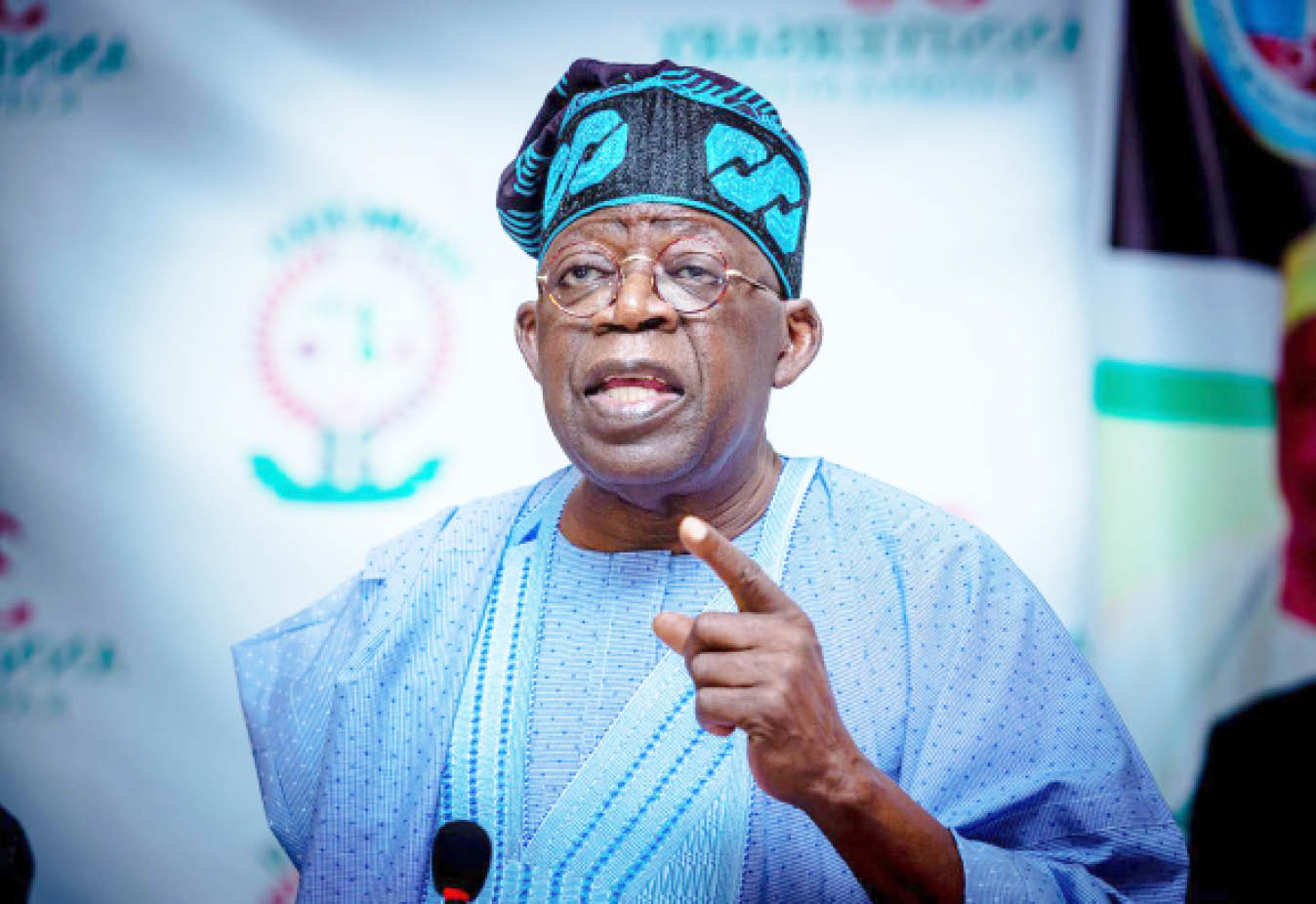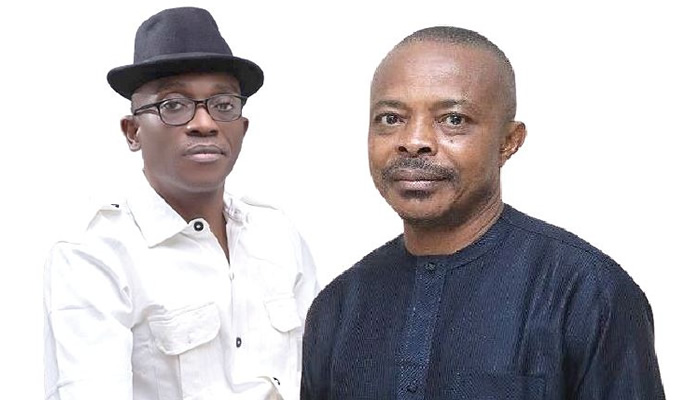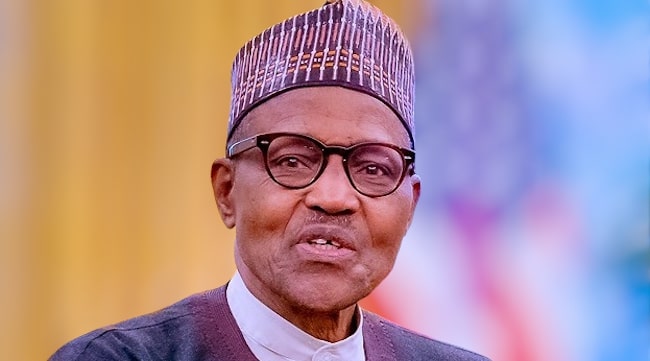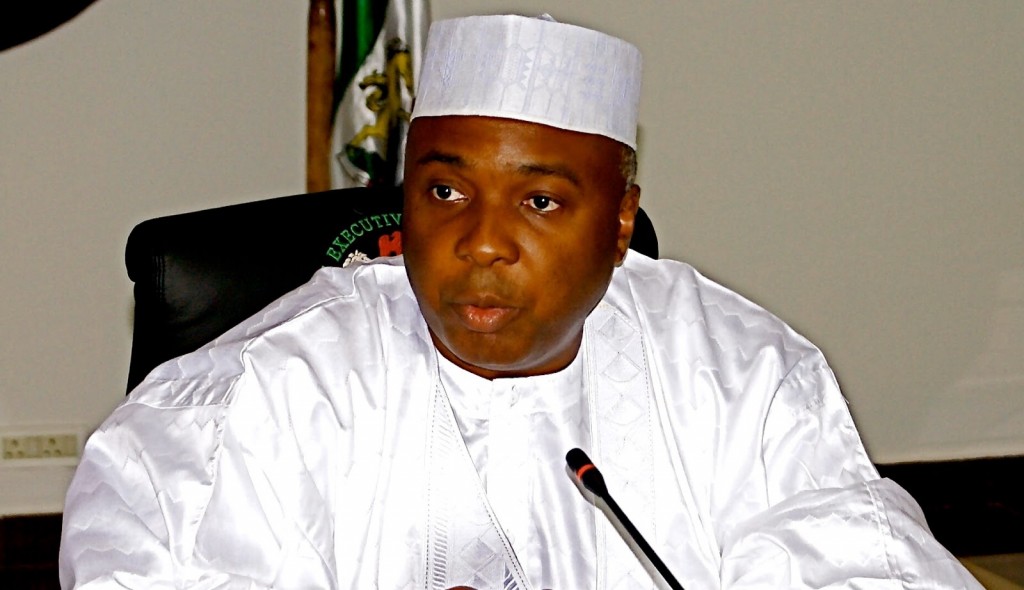President Bola Ahmed Tinubu has announced that the federal government will boost spending on infrastructure development. He urged state governors to coordinate building approvals with the federal authorities to streamline construction efforts.
While commissioning the Lekki Deep Sea Port Access Road at the Dangote Refinery and Petrochemical Plant in Lagos on Thursday, President Tinubu emphasized that synchronized planning between state and federal governments would accelerate the delivery of major roads and bridges across Nigeria.
“I’ve instructed the Minister of Works, David Umahi, and the Surveyor General of the Federation to work more closely with the governors,” Tinubu said.
He noted that aligning state planning approvals with federal guidelines would help reduce compensation issues and prevent project delays.
“I appeal to all governors—don’t grant planning approvals without involving the Surveyor General and the Ministry of Works. Let’s pursue the same development goals,” Tinubu said. He also reiterated the federal government’s ban on dredging within a 10-kilometer radius of all national bridges and urged governors, regulatory bodies, and security agencies to enforce the ban immediately.
Just five days earlier, Tinubu had inaugurated Phase 1 of Section One of the Lagos-Calabar Coastal Highway, also in Lagos. He commended the Federal Ministry of Works, Hitech Construction Company Limited, Dangote Industries Limited, BUA, and all contractors involved in infrastructure projects. He reaffirmed his administration’s commitment to delivering lasting infrastructure.
Responding to critics, Tinubu defended his administration’s project procurement methods, stating that the government awarded legacy road contracts in segments, not as large, single contracts.
“The Federal Executive Council approved the segmented procurement of our Legacy Projects,” he said. “The completed 30-kilometer section of the Lagos-Calabar Coastal Highway belongs to the 47.7 km Section I contract—not a 750 km single contract as some have claimed. No contractor has received the entire stretch.”
He cited the Sokoto-Badagry Superhighway—first envisioned during the Shagari administration 47 years ago—as a revived legacy project under his leadership. The corridor spans Sokoto, Kebbi, Niger, Kwara, Oyo, Ogun, and Lagos and offers vast potential for agriculture, trade, and renewable energy.
“We’ve completed over 10 kilometers of the 258 km three-lane carriageway in Kebbi and are now launching the second carriageway. In Sokoto, we’ve already built over 10 km of the 120 km three-lane stretch from Illela. Today, we’re flagging off the second carriageway there too,” he explained.
He also highlighted ongoing work on Section II of the Lagos-Calabar Highway, reporting that over 10 km of the 55 km segment is already complete. He added that construction continues in Cross River and Akwa Ibom states and has directed that more segments be designed and awarded.
President Tinubu said work on the Trans-Sahara Trade Route—linking Calabar to Abuja through Ebonyi, Benue, Kogi, and Nasarawa—is progressing steadily. He also ordered the acceleration of design plans for the Akwanga-Jos-Bauchi-Gombe corridor to begin procurement.
Governor Uba Sani of Kaduna State, speaking on behalf of the governors, thanked President Tinubu for removing the fuel subsidy, which has led to higher allocations for state investments in health, education, and infrastructure. He pledged continued collaboration with the federal government on infrastructure development.
Aliko Dangote, President of Dangote Group, praised the President’s vision for the Lekki Deep Sea Port and promised the private sector’s full support for expanding infrastructure nationwide.




